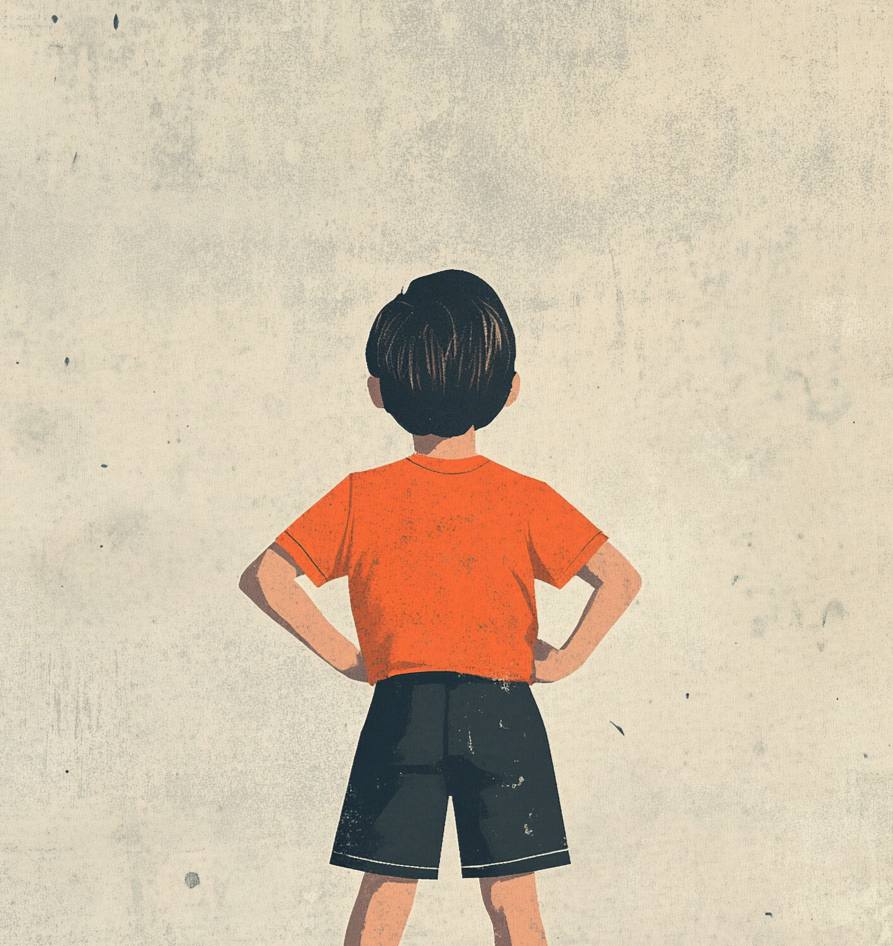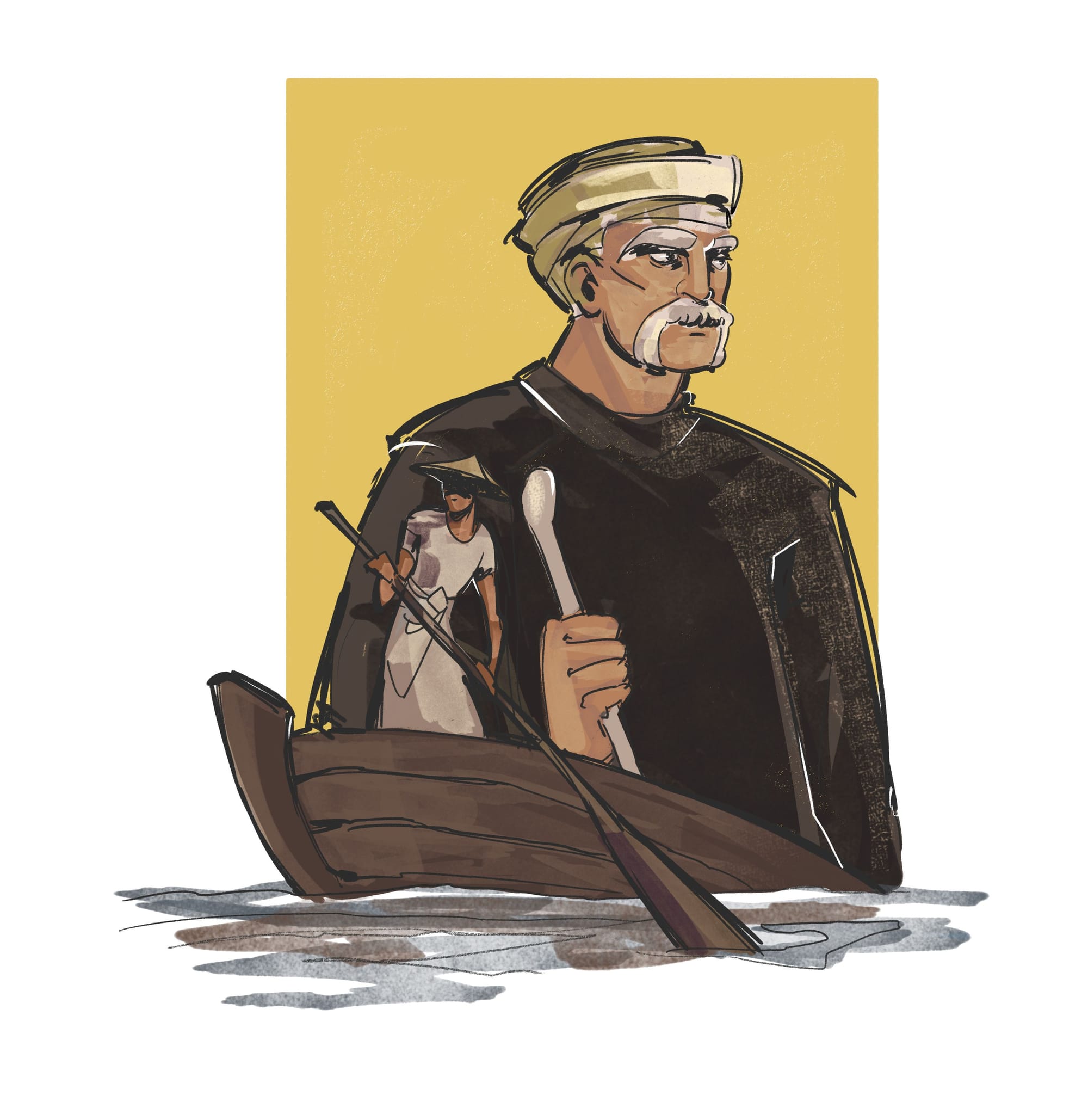
The world is still eagerly anticipating and embracing new innovations. That's why today's world belongs to entrepreneurs and innovators.
Before the advent of innovation, people were less united. Culture was underdeveloped. Social life was harsh. In ancient times, people who ate raw meat gradually abandoned this habit after discovering fire. Similarly, early humans who initially covered their bodies with leaves and animal skins for modesty eventually innovated clothing, becoming more civilized. The standard of living improved.
Looking back at human history, we can see progress from the agricultural revolution to the industrial revolution, after which advancement accelerated rapidly. Thus, people began to imagine and create. They conceptualized and innovated things like God, money, and stocks.
When the concept of God emerged, people gathered under a shared belief. When money was invented, common values for exchange appeared. Similarly, when stocks were created, people united within the market.
After that, people became an interconnected community. Looking at this, we can see that innovation can bring people closer together. Today, if we look at a notable example, consider Mark Zuckerberg's Facebook. Millions of people gather daily on his platform in their own groups.
These are examples of how important innovations are for human society. So, do innovators benefit when they innovate for society? This question is truly important.
The answer depends largely on whether the land where innovation flourishes is barren soil or fertile ground. Based on this, the benefits for innovators can vary widely.
(1)
Now, let's talk about Jack Ma. Actually, there might not be much need to say a lot about Jack Ma. Jack Ma is a businessman who shook the world from under the dark shadow of the Chinese Communist Party (CCP).
When people think of Jack Ma, almost everyone associates him with Alibaba. Indeed, Jack Ma can be considered a once-in-a-generation businessman in China. His business insights are said to come from a basic understanding of human nature and are known for being practical.
In fact, before becoming the world-famous Jack Ma of today, he was an English teacher in China earning $15 a month. When most people in China didn't know what the internet was, Jack Ma recognized its importance early on. That's why he started the job of an online seller, selling products over the internet.
Although Jack Ma is a billionaire in the modern tech business world, he wasn't familiar with coding or networking. Jack Ma's expertise is similar to Tom Cruise's character in the Mission Impossible movies. This is because Tom Cruise, playing Ethan Hunt, is skilled only in taking risks. However, his strength lies in his ability to bring together experts in various fields.
Later, Jack Ma expanded his businesses. Alibaba became the world's largest e-commerce company, and he also established online marketplaces, film production companies, and Ant, China's largest digital payment business.
That's why Jack Ma was frequently included in lists of the world's most influential people, even ranking 21st on Forbes magazine's list of the world's most powerful people.
But how much could Jack Ma, the entrepreneurial flower, really bloom? Today, we don't hear much about Jack Ma anymore. Elon Musk, who shared the stage with Jack Ma in 2019, is still moving forward. What has changed?
In fact, Jack Ma and Elon Musk are both once-in-a-generation entrepreneurs. The difference is that Jack Ma is a businessman under the shadow of the Chinese Communist Party, while Elon Musk is a citizen under an elected American democratic government.
In a panel discussion in October 2020, Jack Ma criticized Chinese financial regulators and the Chinese banking system. He said that Chinese banks operate with a "pawnshop mentality," only lending money to those who can provide collateral. He also urged giving opportunities to risk-taking entrepreneurs who can't provide collateral.
This kind of statement wouldn't be a problem in America or any democratic country. It's common talk that people are used to hearing. But Jack Ma is a Chinese citizen. The consequences came within months.
Jack Ma's Alibaba Group was investigated for alleged monopolistic practices in late 2020. Similarly, Ant, China's largest digital payment business founded by Jack Ma, was pressured to halt its Initial Public Offering (IPO). This company had prepared to sell shares worth $37 billion in 2002, but couldn't due to restrictions from Chinese authorities. Instead, Alibaba was fined $34 billion for alleged market monopolization.
In fact, Chinese authorities had been concerned about the rapid growth of Jack Ma's businesses. They didn't want millions of people to unite like in Taiwan, influenced by Jack Ma's businesses in their daily lives, from shopping to making payments.
Therefore, Chinese authorities hastily inspected Jack Ma's businesses in 2020-2021. Jack Ma didn't even appear in public during that time. Apart from brief public appearances in January and December 2021, and news of him living in Japan in November 2022, news about him and his businesses became scarce in the media.
As for the consequences, according to Forbes magazine in 2021, Jack Ma's assets were worth $48.4 billion. After the investigation by Chinese authorities, by 2022, Jack Ma's assets were only $22.8 billion. As of the last week of September 2024, Jack Ma's assets are $24.5 billion. Looking at the numbers, you'll see that Jack Ma's assets have decreased by half compared to 2021. These are due to the inspections and restrictions by the Chinese government.
So, is Jack Ma the only one experiencing this?
(2)
Another person is Pavel Durov, known as the Russian Zuckerberg and CEO of Telegram. Durov was born in what was then called Leningrad in the Soviet Union, now St. Petersburg. He's a pure Russian citizen. In 2007, he and his brother Nikolai invented the VK App. This VK App is the most used app in Russia. There's also a group of people in Myanmar who use VK consistently. Some say that VK App can even compete with Mark Zuckerberg's Facebook.
In Russia, VK is a digital platform where people discuss political issues, social relationships, election matters, and military affairs. This means that the VK App has become a part of Russians' daily lives and has a significant influence on people.
In 2011, Russian authorities pressured Durov to shut down the VK accounts of opposition groups. Durov refused. But the matter didn't end there. In 2014, Russian authorities demanded data on Ukrainian democracy activists using VK. Durov refused this as well.
Amidst these difficulties, Durov and his brother Nikolai invented the Telegram App in 2013, during a time of protests in Russia. At the same time, President Putin's allies tried to control VK. Durov, being a tech entrepreneur, couldn't tolerate this. So, he sold VK to a business group associated with President Putin and left Russia in 2014.
Now, Pavel Durov, a pure Russian citizen born in the city of Leningrad (named after the famous Russian leader Lenin), has taken citizenship in the UAE and France. It's worth pondering whether Durov, a flower from barren soil, has become resentful of his motherland.
Telegram, which the brothers invented in 2013, now has over 950 million users worldwide, and Durov himself has become a billionaire. In fact, Durov is like a flower that bloomed in barren soil. But by leaving the barren soil, both Telegram and Durov himself have become billionaires. This is Durov's advantage, unlike Jack Ma.
If he had stayed under President Putin, a former KGB officer who acts like a dictator and oppresses opposition, would the flower from barren soil have been able to bloom this much? It's something to think about.
In August 2024, Pavel Durov was reportedly detained and questioned in France, but it's just a legal issue due to a criminal procedural default. If he were in Russia, one might wonder if he would continue to survive as a victim of the political system.
Thus, Pavel Durov also testifies that the political system greatly affects citizens.
(3)
Let's look at the testimony of another world-famous person.
In today's world, playing games on mobile phones has become so widespread that even children who haven't reached adulthood know how to play. But the Soviet spring of 1984 wasn't like this. Back then, handheld games didn't exist. Even computer games were played on IBM computers. Even these were early-generation computers with big backs.
In 1984, a young software engineer named Alexey Pajitnov, working at the Soviet Academy of Sciences in the Soviet Union, invented a little game. He named this game Tetris. In Myanmar, it's known as the "block-stacking game". Those born in the '80s would have been familiar with this game since childhood. This game spread throughout Russia at that time.
At that time, entrepreneurs' games were already being traded in Europe. But the Tetris game didn't reach countries outside Russia. Why? At that time, the Soviet Union was still in the Cold War with America and was competing for power in the world. You could say that countries were secretly hostile to each other. Also, since the Soviet Union hadn't collapsed yet, Russia wasn't a separate country.
But technology has the power to transcend boundaries and territories. A copy of this game reached the SCKI Institute of Computer Sciences in Hungary. After it arrived there, a software agent named Robert Stein discovered the Tetris game and came to Russia to buy it for the European and American markets. Although a deal was made, because it was controlled by representatives of the Russian government, Pajitnov, who invented the game, didn't receive any benefits.
Later, Roger tried to use this game for Nintendo's handheld game console. He was also someone looking for promising games. When he tried this, he got permission to use it on the handheld game console. But Pajitnov, who invented the game, didn't get any profits. That was in 1989.
From 1984, when he invented the game, to 1985, Alexey Pajitnov sold this game to Europe, America, and the world-famous Nintendo company, but he didn't receive a penny in profits. Only the Soviet authorities took the benefits. In 1991, the Soviet Union collapsed. Roger managed to bring Pajitnov to America. After that, he helped Pajitnov get the profits he deserved through contracts. Then, the two of them founded The Tetris Company.
In fact, Tetris is a world-famous game. Even now, it's still selling millions of copies. But in the unfavorable environment of the Soviet Union, Pajitnov didn't receive any benefits. It was only after the Soviet Union collapsed and he reached America that he got his rightful opportunities. That's why political systems greatly affect citizens.
These are stories about entrepreneurs who bloomed in barren soil.
If the starting point isn't the same, the finish line often isn't the same. When the political system is not good, whether it's an entrepreneur, an artist, or an academic expert, they don't succeed as much as they should. There are considerations about whether to change the environment or try to improve the system.
Individuals may emerge as successful, but generation by generation, they can't flourish in barren soil. That's why I've repeatedly pointed out that the political system has an impact on individual citizens.
Entrepreneurs are generally people who strive to make life more comfortable for the community and create a more pleasant society.
But how much can they flourish in the barren soil of an unfavorable environment? World-famous entrepreneurs like Jack Ma, Durov, and Pajitnov are giving us lessons on this.
Han Thit Eain (Y3A)
Read More:
 Build Myanmar - MediaY3A
Build Myanmar - MediaY3A
 Build Myanmar - MediaY3A
Build Myanmar - MediaY3A
Build Myanmar-Media: Insights – Empowering Myanmar Youth, Culture, and Innovation
Build Myanmar-Media Insights brings you in-depth articles that cover the intersection of Myanmar’s rich culture, youth empowerment, and the latest developments in technology and business. Stay informed and inspired as we rebuild Myanmar through knowledge and innovation.
📅 New content every week, featuring stories that connect Myanmar’s heritage with its future.
📰 Read on:
- Website: https://www.buildmyanmarmedia.com/
- Facebook: https://www.facebook.com/buildmyanmar
- YouTube: https://youtube.com/@buildmyanmarmedia
- Telegram: https://t.me/+6_0G6CLwrwMwZTIx
- Inquiry: info@buildmyanmar.org
#BuildMyanmararticles #Myanmararticles #MyanmarUpdates #MyanmarNews #BuildMyanmarMedia #MyanmarHeritage #Insights #Media #MyanmarMedia
Sign up for Build Myanmar - Media
Myanmar's leading Media Brand focusing on rebuilding Myanmar. We cover emerging tech, youth development and market insights.
No spam. Unsubscribe anytime.
